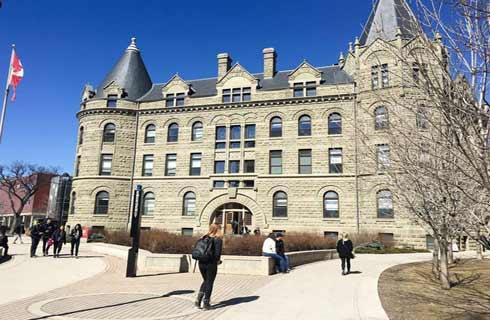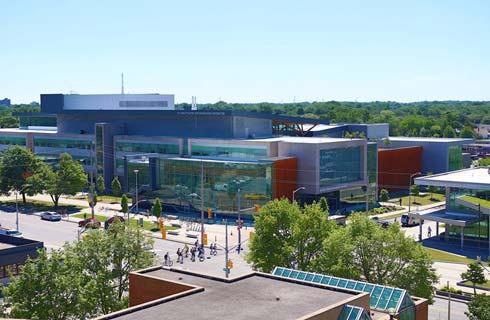国际学生入学条件
Hold a bachelor’s degree (or equivalent) from a recognized academic institution with degree standards equivalent to those of the University of California
For applicants to our M.S. program, we follow the campus criterion of a minimum GPA of 3.0 based on a 4.0 scale; however, because of the highly competitive nature of admissions, the cutoff can be considerably higher and is currently around 3.3/4.0.
For admission to the Ph.D. program, our expectation is for a GPA near 3.5/4.0 or higher. In addition to the GPA, the admissions committee scrutinizes grades in key courses related to your area of interest, particularly upper-division technical courses.
GRE is not required this year. Regarding the recommendation letters, we expect that at least two of the three required letters are written by academics (professors) who can provide an analytical evaluation of your scholarly performance and potential as a graduate student. Additionally, unofficial transcripts will now be accepted and official ones are only required if admitted.
The campus requirement for minimum TOEFL is 80 on the internet based test (IBT) and at least 550 on the paper-based test (PBT). However, our expectation is a TOEFL score of at least 95. In order to establish eligibility for appointment as a UCI Teaching Assistant (TA), international students who are not citizens of countries where English is either the primary or dominant language are required to pass an oral English proficiency exam approved by the UCI campus. Students can fulfill this requirement by passing one of the following exams: TSE, TOEFL (must have 26 or higher in Speaking portion), SPEAK, or TOEP.
IELTS - An overall minimum score of 7.0 for admission, with a score of no less than 6.0 on any individual module.
展开
IDP—雅思考试联合主办方

雅思考试总分
7.0
- 雅思总分:7
- 托福网考总分:80
- 托福笔试总分:550
- 其他语言考试:The minimum score for PTE is 53
CRICOS代码:
申请截止日期: 请与IDP联系 以获取详细信息。
课程简介
Research in power, propulsion, and environment encompasses aerospace propulsion, combustion and thermophysics, fuel cell technologies, and atmospheric physics and impacts. In aerospace propulsion, particular emphasis is placed in the areas of turbomachinery, spray combustion, combustion instability, innovative engine cycles, and compressible turbulent mixing. The topic of combustion and thermophysics addresses the fundamental fluid-dynamical, heat-transfer, and chemical mechanisms governing combustion in diverse settings. Fuel-cell research encompasses the development of fuel-cell technology, hybrid engines, and thermionic devices. Activities cover the thermodynamics of energy systems, the controls associated with advanced energy systems, and systems analyses. The area of atmospheric physics and impacts deals with the modeling and controlling of chemical pollution, particle dispersion, and noise emission caused by energy-generation and propulsion devices. Research on atmospheric turbulence addresses the energy exchanges between the Earth's land and ocean surfaces and the overlying atmosphere. Micro/nanomechanics encompasses the thrusts of miniaturization engineering, mechatronics, and biotechnology. Miniaturization engineering is relevant to the development of small-scale mechanical, chemical and biological systems for applications in biotechnology, automotive, robotic, and alternative energy applications. It involves the establishment of scaling laws, manufacturing methods, materials options and modeling from the atom to the macrosystem. Mechatronic design is the integrated and optimal design of a mechanical system and its embedded control system. Main focus research is the design, modeling, and characterization of Micro-Electro-Mechanical Systems (MEMS). Particular emphasis is placed on analysis and design of algorithmic methods and physical systems that realize sensor-based motion planning. The thematic area of biotechnology involves the understanding, modeling, and application of fundamental phenomena in mechanical engineering, electrical engineering, and chemistry towards the development of bio-sensors and actuators.
展开







 预科
预科 奖学金
奖学金 实习机会
实习机会 在校学习
在校学习 跨境学习
跨境学习 校园授课-线上开始
校园授课-线上开始 在线/远程学习
在线/远程学习














 滑铁卢大学
滑铁卢大学

 滑铁卢大学
滑铁卢大学

 滑铁卢大学
滑铁卢大学

 多伦多都会大学
多伦多都会大学

 多伦多都会大学
多伦多都会大学

 多伦多都会大学
多伦多都会大学









 美国
美国